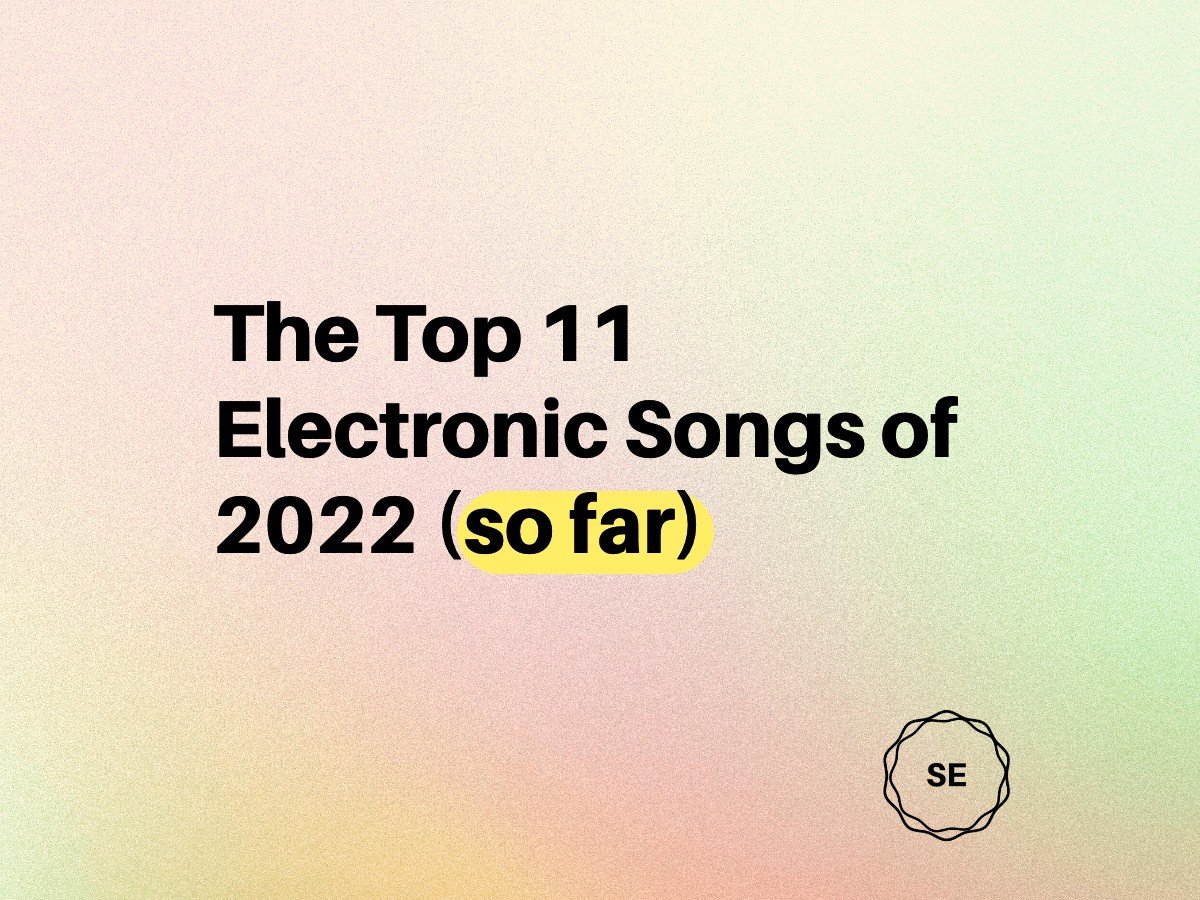Fever Ray - Radical Romantics
Fever Ray
Radical Romantics
By: Robert Hill
A pervasive calm radiates from Radical Romantics, couched in transformative, human emotion reduced to elemental energy.
Fever Ray's sophomore album, Radical Romantics, seethes with pensive, stilted rhythms that locate the listener in an expansive yet isolated soundscape.
Like a cabin in a snowy wood constructed of subtle electronica and existential longing, the latest Rabid Records release narrates Karin Driejer's navigation of identity and love in solitude in ten tracks.
Clocking in at 44 minutes, Radical Romantics opens with "What They Call Us," a sparse, sprawling composition rooted in existential angst and resigned incredulity.
The lead-off track also suggests the impact of others' perception on the anxiety of liminal existence. "Did you hear what they call us?" opines Dreijer in the chorus, "Did you hear what they said?" Their interlocutor, neither the listener nor their lover, remains deftly unclear, defining the album's feeling. An interesting position to take for a performer demarcated in such a visually creative, granular way.
Relying on abstraction and intensely personal experience, the vagueness of Dreijer's lyrics serves as juxtaposition to their presentation in live performance, which overpowers the quality and impact of their compositions. The lyrical content may complement the pervasive sense of thwarted expectations staged by sophisticated, extended musical movements.
Case in point, the song "Kandy" opens with a punchy rhythm suggestive of passionate, tropical drizzle that prompts some light head-bobbing but doesn't shift as the song progresses. It never takes off, highlighting Dreijer's restrained vocals and even-keeled measure in deep romance and sense of unfulfilled desire – the importance of self-confidence.
That's not to say the album falls flat. Instead, Radical Romantics is a product of its time, with more than a little nostalgic influence from 90s luminaries like Nine Inch Nails' Trent Reznor and Atticus Ross. Born during the latest pandemic to burn through humanity, Dreijer's creative output reflects the isolation and loneliness many of us felt during extended lockdowns.
In 2023, as we emerge from our COVID cocoons, annealed by crisis and floored by scandal after scandal, subdued passion accurately represents our tentative approach to social interaction and progress.
As Radical Romantics communicates with our current zeitgeist, Fever Ray and its audience are transported to the city, fraught with lurking vulnerability and unease. Rather than active participants in the world surrounding them, the sonic transport relates more to the listener viewing the disaster from the window of a moving car; Baudelaire's flaneur becomes a bus tourist with earbuds.
In contrast, "Shiver" presents a multiplicity of perspectives that more accurately depict the role of identity in contemporary society. The reflective, minimal rhythm section suggests an obscure, slightly ragged Jan Hammer track, not to mention 80s electronica and synth-pop.
The sound pastiche lays a foundation for something more than traditional pop structure. Dreijer's lyrics and instrumentation dance in freeform playfulness caught in a spider's web of newfound passion. Where "Shiver" implies reflex, Dreijer's perspective grabs hold, shedding their abandonment of agency in favor of intimacy and desire.
A pervasive calm radiates from Radical Romantics, couched in transformative, human emotion reduced to elemental energy. Often smirking and whimsical, sometimes shrinking and unconfident, Fever Ray's latest album drives through the static of our social fabric, our contemporaneous quagmire, with almost passive-aggressive persistence.











